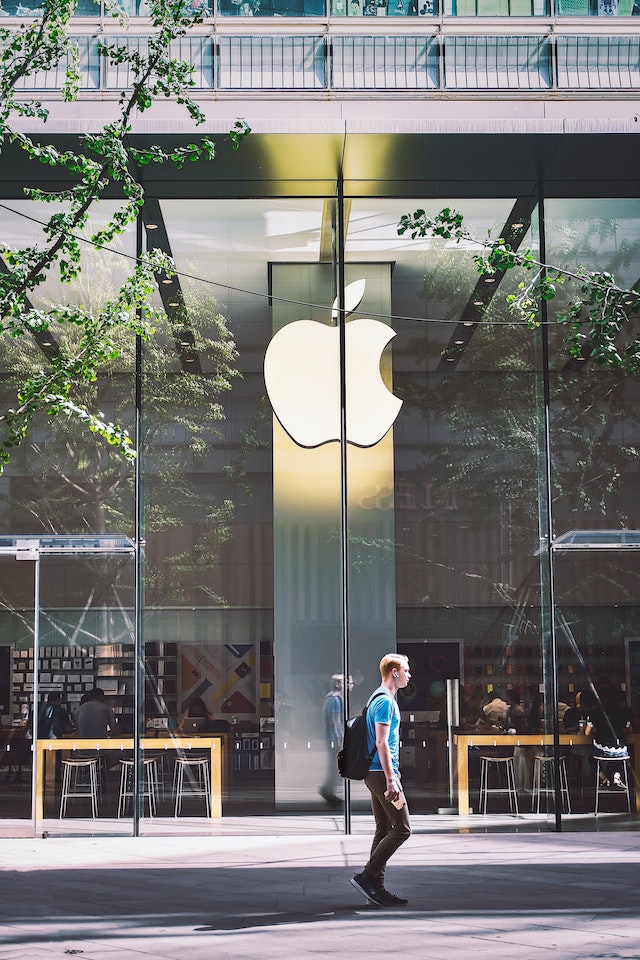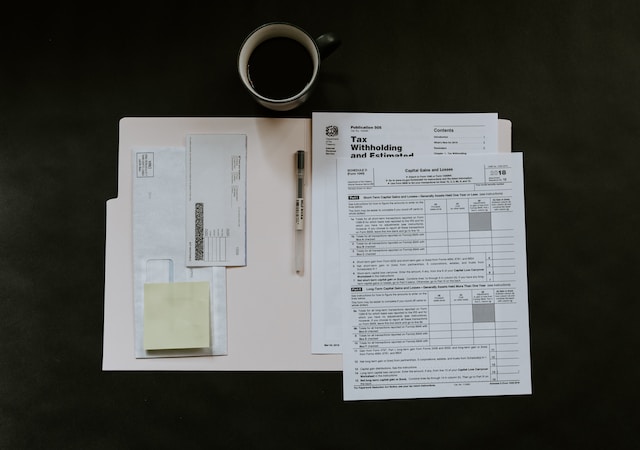In recent years, the app economy has boomed, and tech giants like Apple have reaped substantial profits from their app store operations. However, this success hasn’t come without controversies. In a recent development, Apple is facing a colossal $1 billion lawsuit by app developers in the UK over its app store fees. The legal battle raises important questions about the fairness of Apple’s policies and the potential impact on the broader app ecosystem. In this blog post, we delve into the details of the lawsuit and its implications for the tech giant and the app development community.
Understanding the Lawsuit:
The lawsuit, brought forth by a group of disgruntled app developers, alleges that Apple’s app store fees are exorbitant and anti-competitive. App developers are required to pay a 30% commission on all sales and in-app purchases made through the App Store. According to the plaintiffs, this fee structure stifles competition, limits innovation, and ultimately harms the developers’ ability to thrive in the digital marketplace.
Moreover, the developers argue that Apple’s strict guidelines and app review process add unnecessary hurdles and delays to app launches and updates, further hampering their growth potential. As a result, they claim that they are forced to pass on these additional costs to consumers, leading to higher prices for end-users.
Apple’s Defense:
Apple has staunchly defended its app store policies, arguing that the 30% commission is a fair charge for providing a secure and user-friendly platform that reaches millions of potential customers worldwide. The company emphasizes that it invests heavily in maintaining the app store infrastructure, ensuring app safety, and promoting app discovery to benefit developers.
Apple’s legal team contends that the company faces substantial costs in maintaining the app store ecosystem, such as hosting, app review processes, and marketing efforts. They also point out that many successful apps have thrived on the platform and generated substantial revenues for developers.
Potential Implications:
The outcome of this lawsuit could have significant implications for both Apple and the wider app development community. If the court rules in favor of the developers and orders Apple to pay the demanded $1 billion in compensation, it may force the tech giant to reevaluate its app store fee structure and make adjustments to create a more favorable environment for developers.
In the event of a victory for the plaintiffs, Apple might be compelled to lower its fees or allow alternative app stores on its devices, leading to increased competition and potentially providing developers with more options to distribute their apps.
On the other hand, if the court sides with Apple, it could strengthen the company’s position in maintaining its existing app store policies. However, this could also trigger further scrutiny from regulatory authorities and lawmakers, who are already investigating potential anti-competitive practices among major tech companies.
Conclusion:
The $1 billion UK lawsuit against Apple brought by app developers sheds light on the ongoing tensions between tech giants and app creators over app store fees and policies. As the app economy continues to grow, such legal battles serve as a crucial point of discussion for the industry and regulators alike. Regardless of the lawsuit’s outcome, it is evident that the landscape of app development and distribution is evolving rapidly, and the decisions made today will shape the future of the app ecosystem for years to come.












